Malcolm Turnbull became king, but the sword stayed in the stone

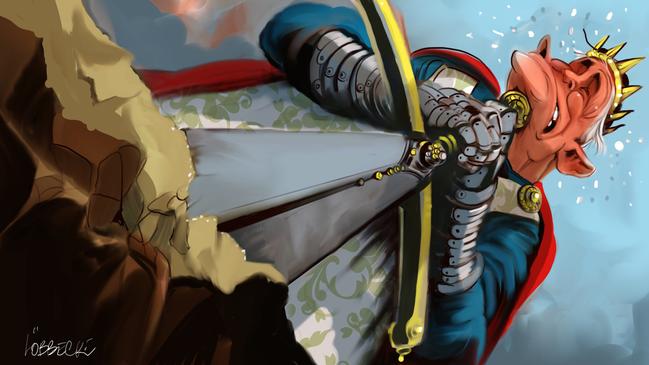
I have seen this happen during the past decade, and occasionally I have been part of the media feeding frenzy. Kevin Rudd all too often was mocked. Insults normally cast only at criminals with no reputation to lose were flung at Julia Gillard. To some of his fellow citizens, Tony Abbott was a character demonised almost beyond rational understanding.
The three prime ministers all found themselves in an invidious situation. Whatever they said was treated with contempt. They could do nothing right and eventually they were driven from power by their colleagues. It takes a very strong man or woman to put up with this relentless criticism and indignity.
However, much as one sympathises with humiliated political leaders, every so often there emerges a sob story that somehow fails to tug the heartstrings. And so it is with another former prime minister, Malcolm Turnbull, whose memoirs are released next week.
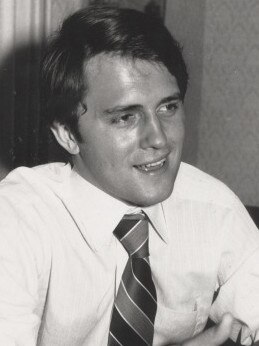
Even when he was a young journalist and lawyer, it was widely believed that Turnbull was bound to lead the country. Some journalists swooned over the “new Whitlam”. In November 2015, soon after Turnbull won the office he coveted for so long, The Sydney Morning Herald columnist Elizabeth Farrelly predicted: “Malcolm — who like Beyonce is known universally by his first name — will be the longest-serving prime minister since Menzies. Possibly ever.” A new era of progressive reform beckoned.
However, it was not long before Turnbull, who at first seemed so capable and sure-footed, came to resemble Bill McMahon after his various setbacks in 1971-72: adrift and at the mercy of events.
Turnbull’s book is called A Bigger Picture and the reader is meant to believe that he stood tall and looked beyond the cut-and-thrust of the relentless 24/7 news cycle. But Turnbull was no towering colossus: he lacked conviction and direction, and in office he never tried to put into practice all the grand causes he had espoused.
The list of reversals and capitulations is long. Having led the failed republican case in 1999, in office Turnbull hardly mentioned constitutional change. Having sympathised with the plight of boatpeople on the ABC’s Q&A, in office he preserved his predecessor’s tough border protection policies.
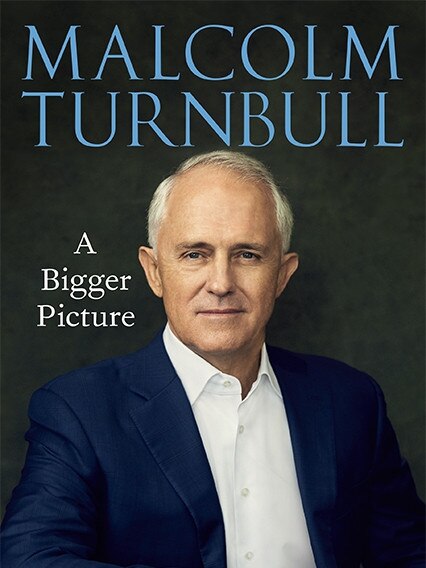
Having fallen on his sword over Labor’s ill-fated emissions trading scheme in 2009, in office he declared that Australia needed more coal plants. Having raised the prospect of increasing the GST in exchange for growth-friendly tax cuts, he backed off economic reform at the very last moment.
Such had been the twists and turns of Turnbull’s political journey that it was difficult to know what he believed.
All political leaders routinely face charges of betraying their party activists. Conservative Republicans slammed Richard Nixon for appeasing the Soviets and Chinese communists and embracing Keynesian economics. Bob Hawke and Paul Keating upset Labor’s union base by deregulating the Australian economy. The Liberal Party’s business constituency was none too pleased with Abbott’s opposition to industrial relations reform and support for an even more generous paid paternity leave program than Labor had offered.
For all his brilliance, Turnbull was essentially a prisoner of his party. And when he tried to placate his conservative colleagues by dropping the national energy guarantee in August 2018, his enemies still circled and the rumblings became louder. Mind you, to say that the knives came out for Turnbull would be wrong. Some never put them away in the first place.
Turnbull, an intelligent student of political history, was agonisingly aware that parties in power almost invariably turn on themselves before losing office. This was certainly the fate of the
Rudd-Gillard-Rudd Labor governments from 2007 to 2013. And this same fate looked inevitable for the Coalition.
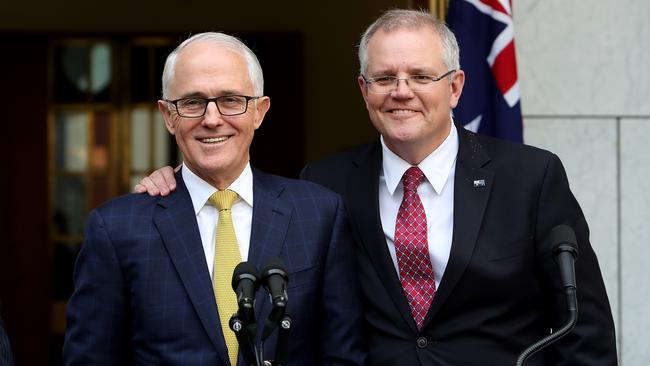
The Liberals had been torn apart for the previous six years by an undeclared civil war between the supporters of Turnbull and Abbott. In the lead-up to the election in May last year, all the polls, betting markets, and most pundits predicted a Labor landslide.
But it was not to be. Scott Morrison defied the odds to secure a bigger Coalition majority, and the electorates he won — from northern Tasmania to western Sydney to Queensland — were precisely the seats Turnbull lost three years earlier. This reflected an earlier cycle. Whereas in 2013 Abbott won a landslide election, in 2016 Turnbull lost 14 seats, consigning his government to a majority of just one. You’d think such a record would temper Turnbull’s post-political judgments.
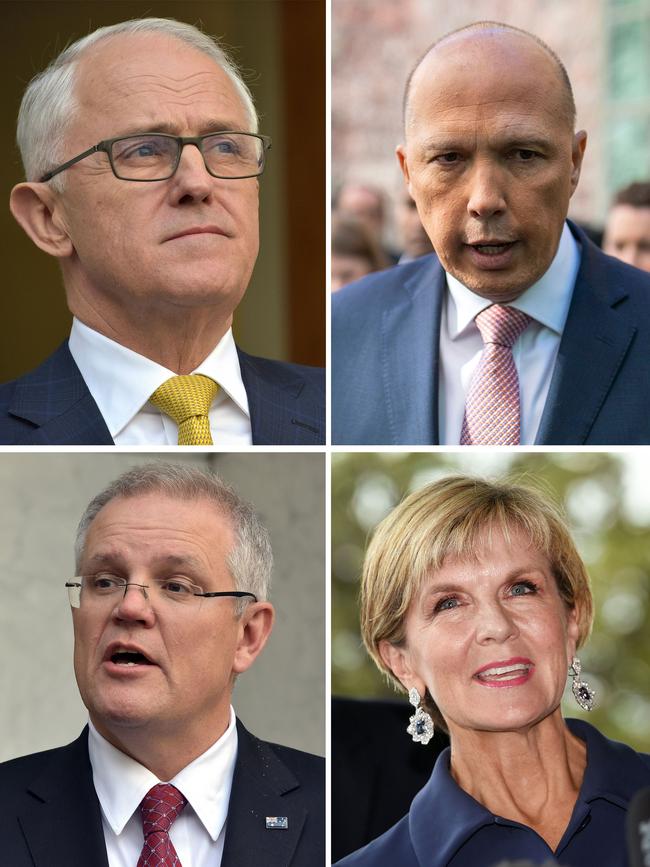
However, his book reportedly reveals an embittered and tormented former prime minister of modest ability with a giant axe to grind. Which suggests that Turnbull will become more hostile towards his successors than even John Gorton, Malcolm Fraser and John Hewson, former Liberal leaders who dedicated much of their lives after politics to attacking their party.
Unlike his immediate predecessors, Turnbull will not have a lasting legacy. Rudd is able to boast he defeated our second longest serving prime minister, John Howard, before saving Australia from the global financial crisis. Gillard will always be remembered as our nation’s first female prime minister, who implemented consequential policy (Gonski, National Broadband Network, National Disability Insurance Scheme). After almost knocking off a first-term government, Abbott scored a victory as large as Bob Hawke’s in 1983 and restored sovereignty to our nation’s borders.
How then will Turnbull be remembered? That he was urbane, intelligent and, as the Godwin Grech scandal in 2009 showed, gullible. However, as can be the case with genuinely decent people, he was just not very effective at his job. Contradicting himself almost every week, he stood fast in indecision. What was often said of McMahon could be said of Turnbull: he was consistently indecisive.
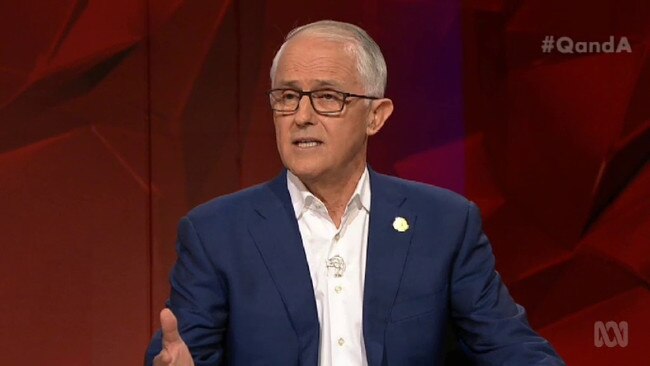
It is a great pity that Turnbull, who is only 65 (the same age as Winston Churchill during the Blitz), is not entering politics now, after learning the lessons of politics. If so, this well-meaning man would surely have a serious contribution to make.
As the record shows, however, Turnbull struggled to resonate with middle Australia and marginal seat voters. For all the talk of “a bigger picture”, ordinary Australians shrugged their shoulders with a profound lack of interest. Ultimately, the most fitting epitaph of the Turnbull story may be: “He was the future once.”
Tom Switzer is executive director of the Centre for Independent Studies.

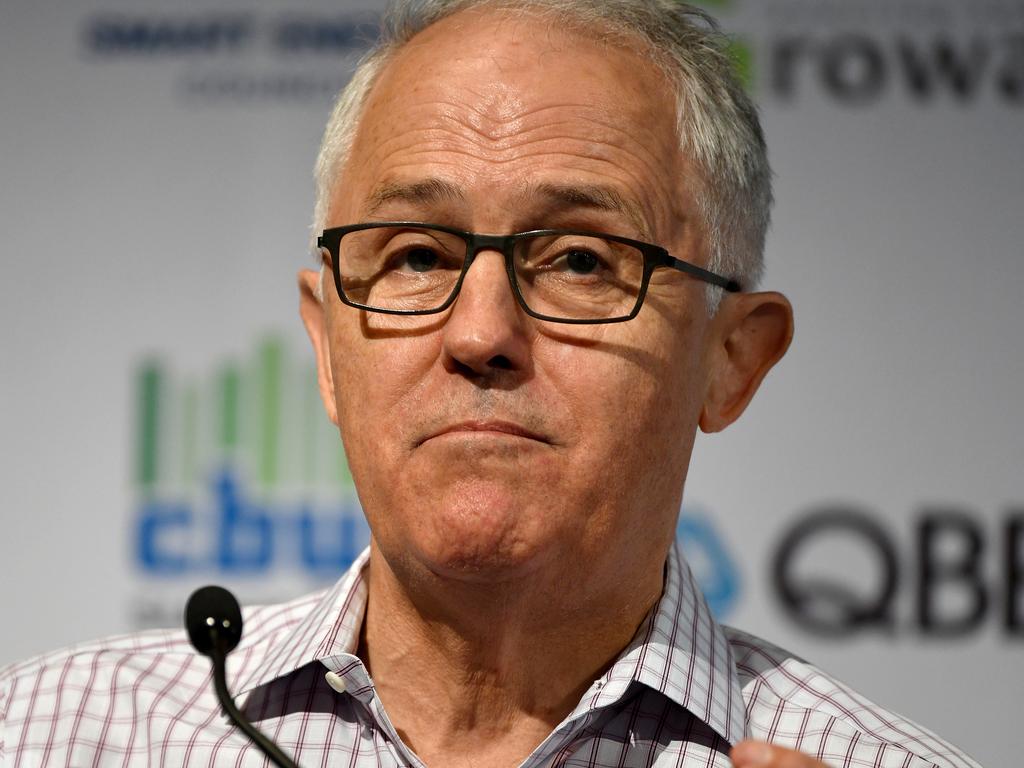
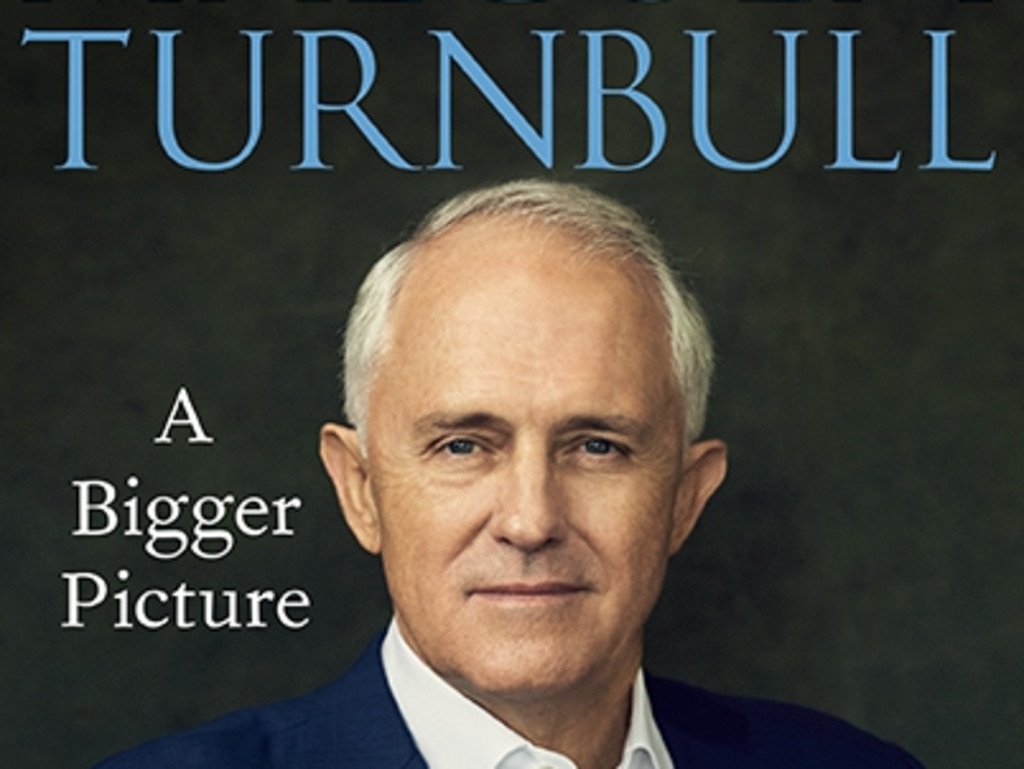
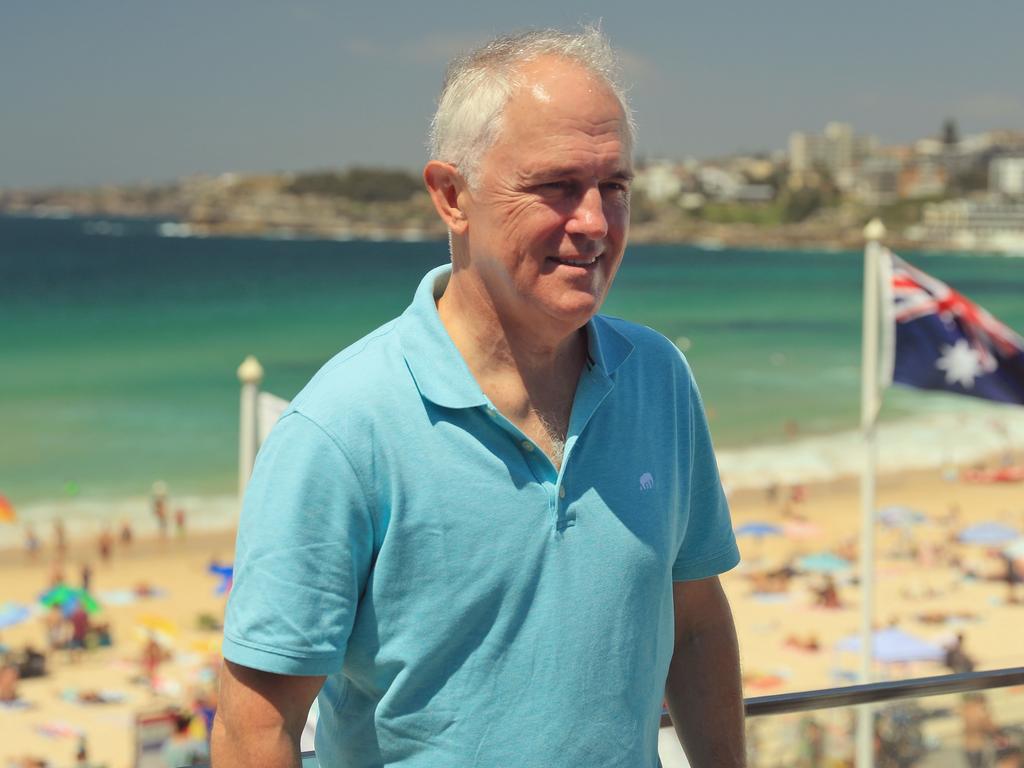
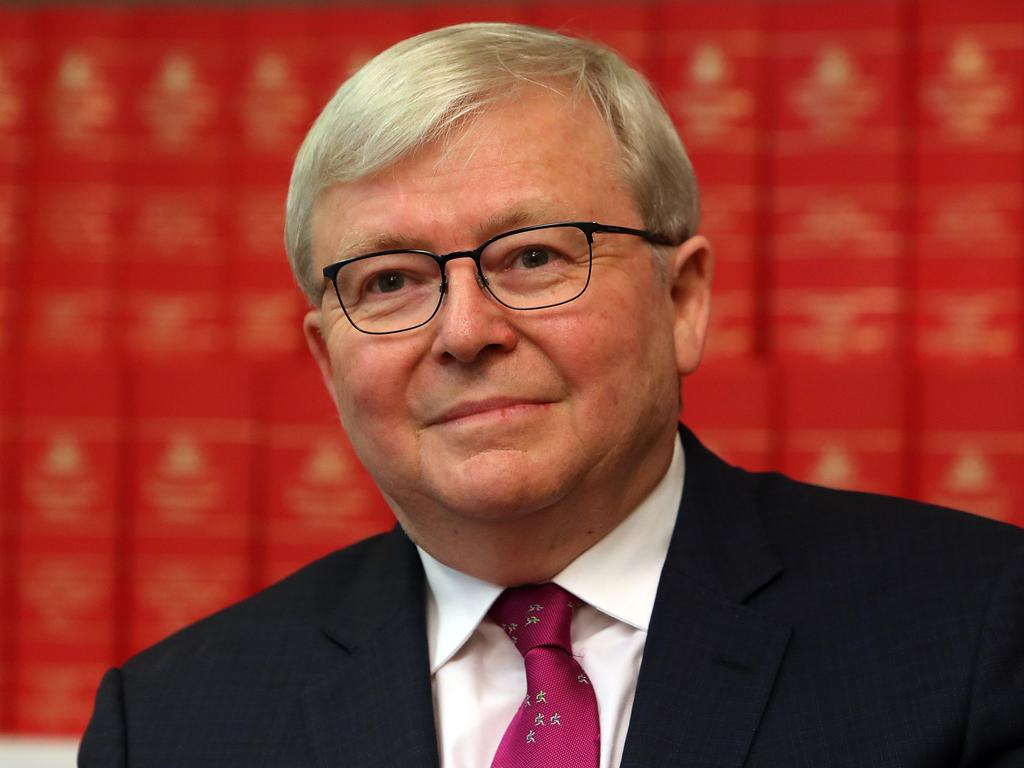

In the social media era, political journalism increasingly has become a vicious business. This is especially the case when print and online columnists help turn a decent and honourable political leader into a figure of fun.